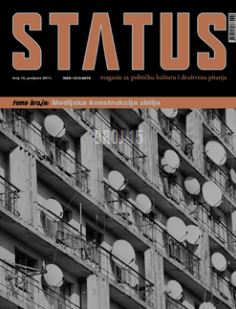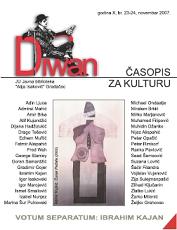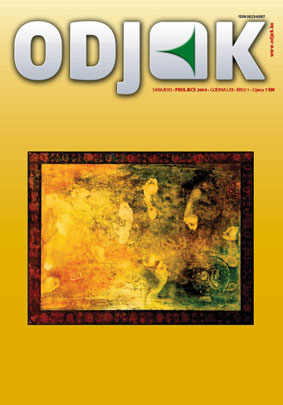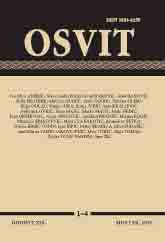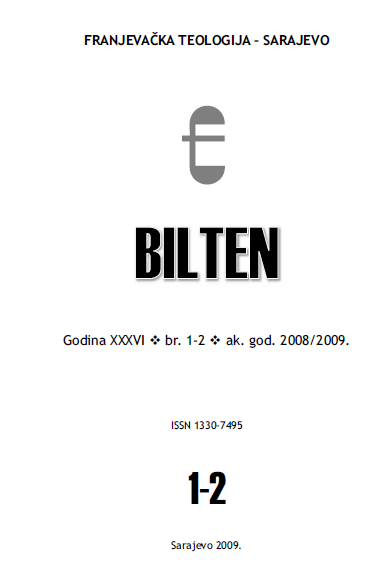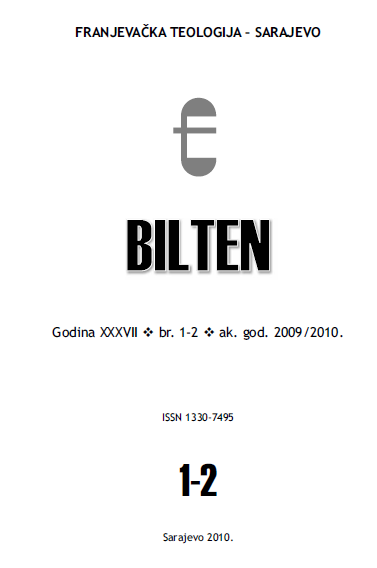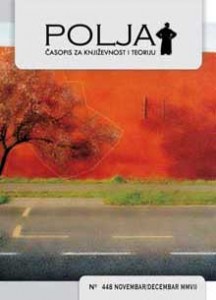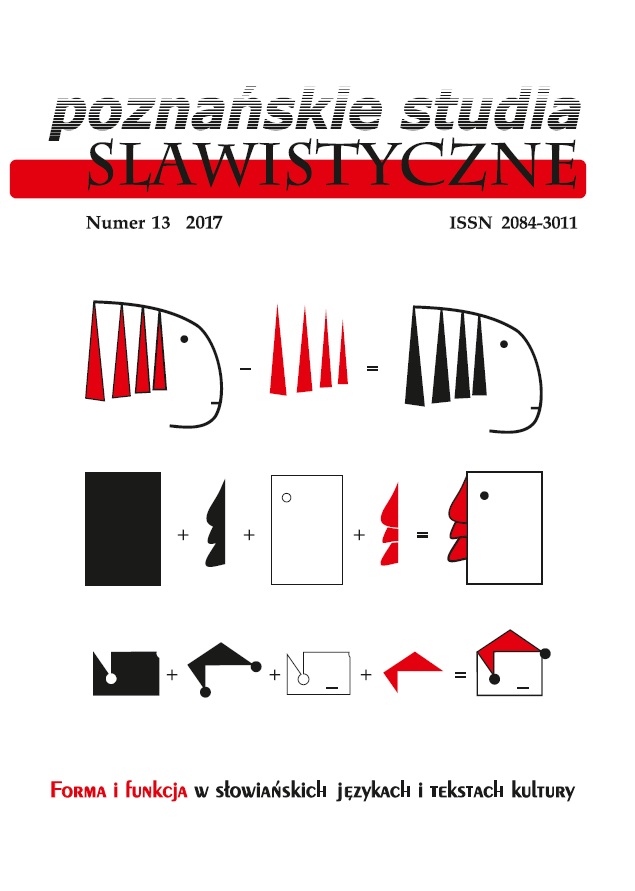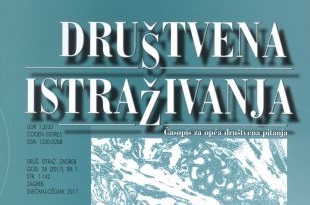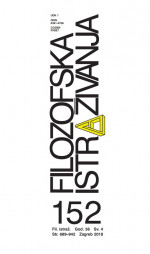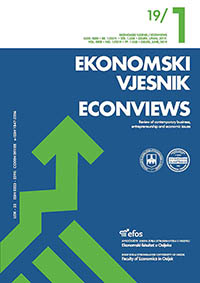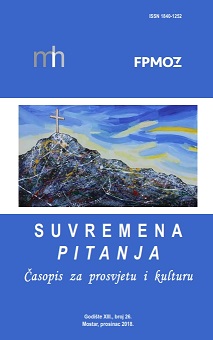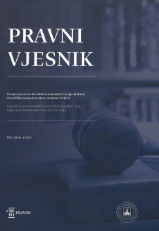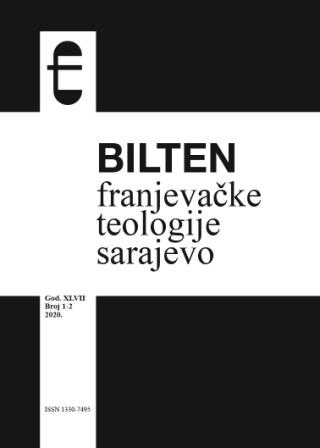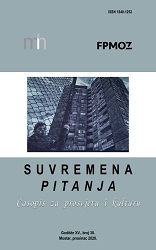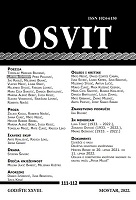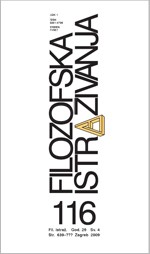
Religions and Churches in Front of the Challenge of Globalization
Religije i crkve pred izazovom globalizacije
Keywords: church/es; dialogue; ethics; globalization; internationalization; culture/s; mondialisation; pluralism; religion/s; transnationalization
Processes of globalization have been happening numerous times through history, long prior to the appearance of the word ‘globalization’ in the second half of 20th century. Modern globalization includes the social, economic and political processes headed to crossing national boundaries and creating a global world order. However, globalization cannot be attributed simply to that issue, for its processes deal with all dimensions of human life and activity: media and communications, economy, politics, law, culture, ecology, ethics, religions, and churches. The consequences of globalization are new experiences related to social, political and economical sphere – interconnection and networking through processes of internationalization and transnationalization, through the meetings (summits) of the members of G7 (G8) and International Economic Forum in Davos, and also the numerous social breaks and economic recession. Globalization inspires religions to aim at the approaching, the stronger cooperation and the intercession for the common attitude. For realization of this purpose religions act through the existing common institutions like The World Parliament of Religions (1993) and World conference of religions for peace (1970), asking for a new way of approaching, dialogue, solidarity, coexistence, cooperation and realization of ethic consensus, taking into account the protection of its own identity in time of pluralism and multiculture. Religions are aware of how ethic question has become the question of world’s responsibility. That issue requires global ethical principles around which all subjects on the world scale are to agree with. In that global ethic the human being will be respected as an active subject. The Christian Churches take into consideration the certain positive lawfulness of globalization process, thus we can speak of “Christian globalization”. Christianity has been headed to globalization process from the earliest days of the faith – prior to the process has emerged known as globalization. The Churches became aware of its responsibility in order to protect in the time of globalization the dignity of every person, every tradition, and culture. The Churches respond to this phenomenon through numerous existing interchurch institutions on world domain such as The World Council of Churches (WCC), Ecumenical Youth Council in Europe (EYCE). The Catholic Church from the beginning has been global and based on this perspective the Catholic Church through centuries has been carrying out its missionary work. After the Second Vatican Council the Catholic Church has strengthened its activity by establishing Pontifical Council for Christian Unity (1988), which has emerged from Secretariat for Promoting Christian Unity (1960), World Youth Day and Caritas internationalis.
More...
